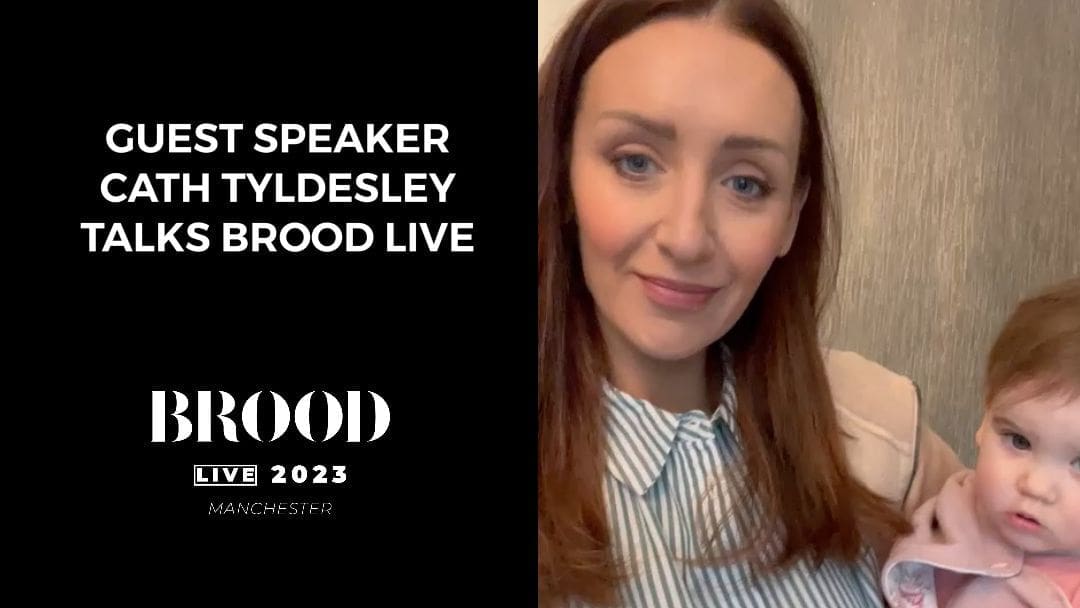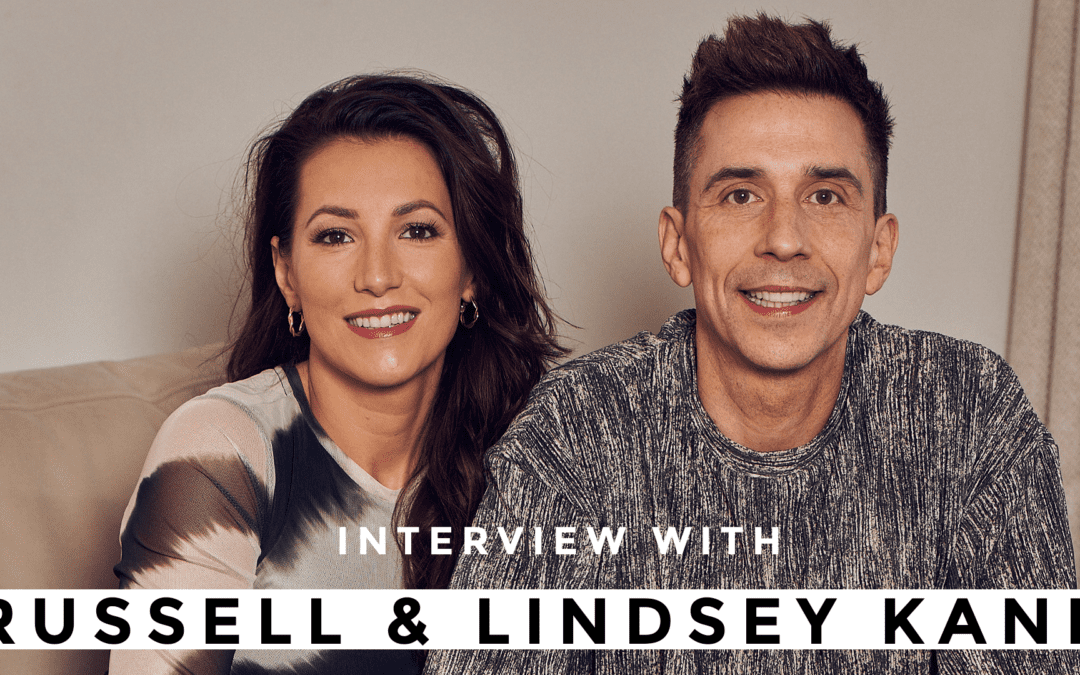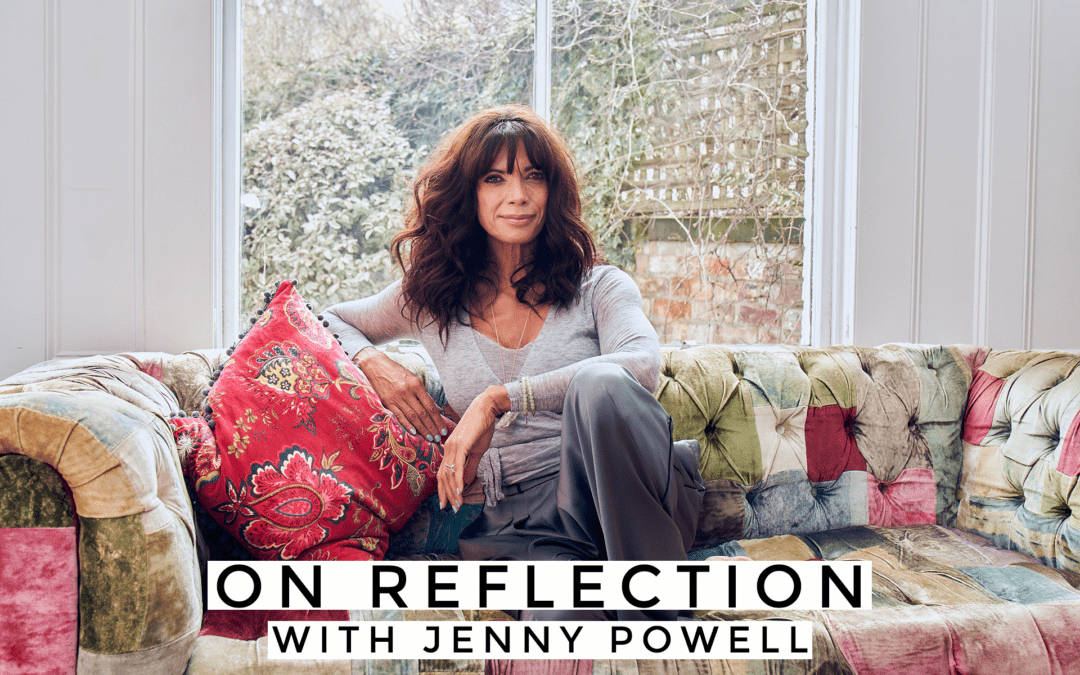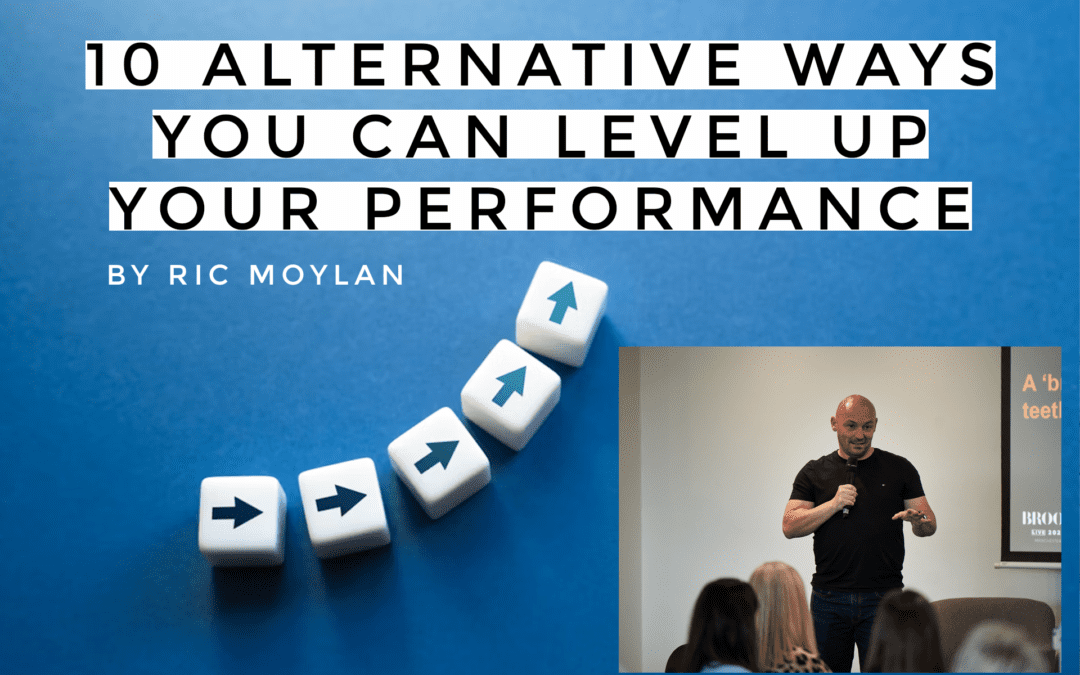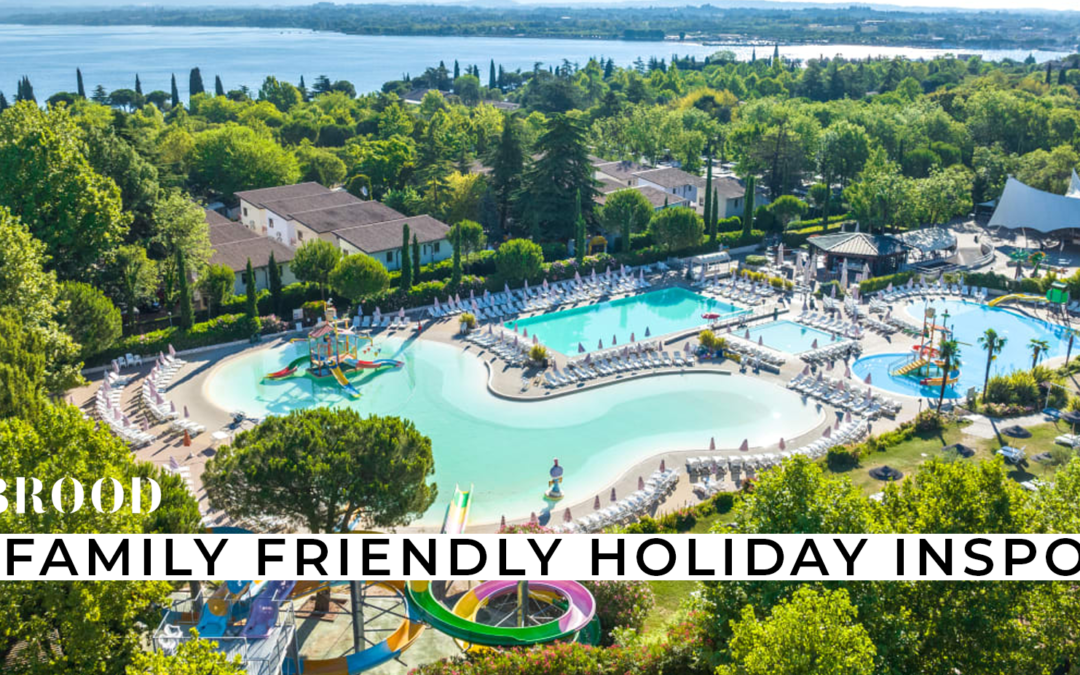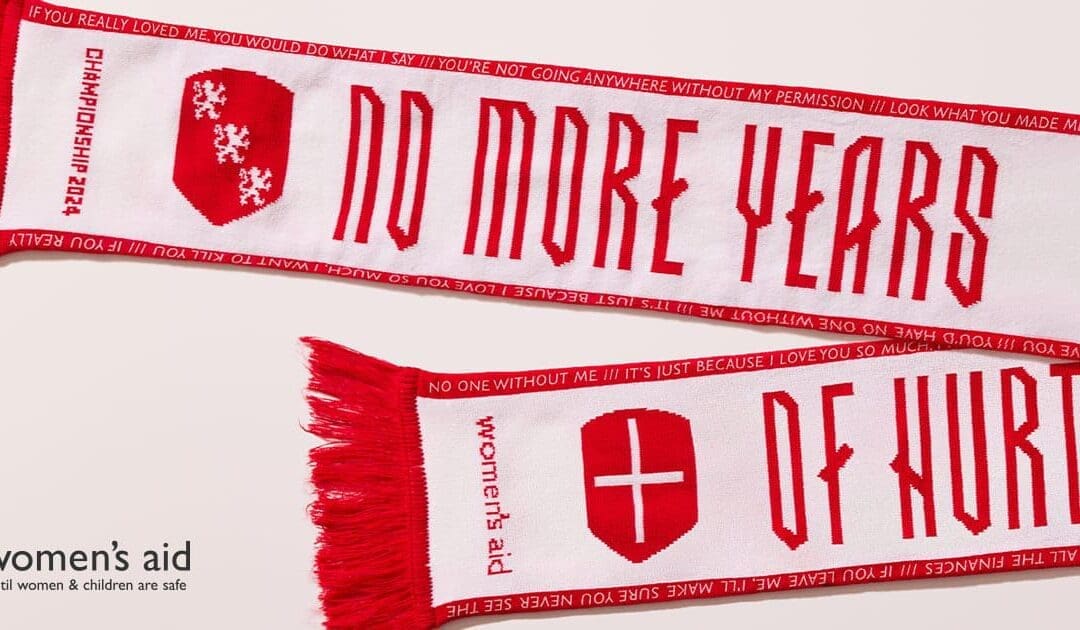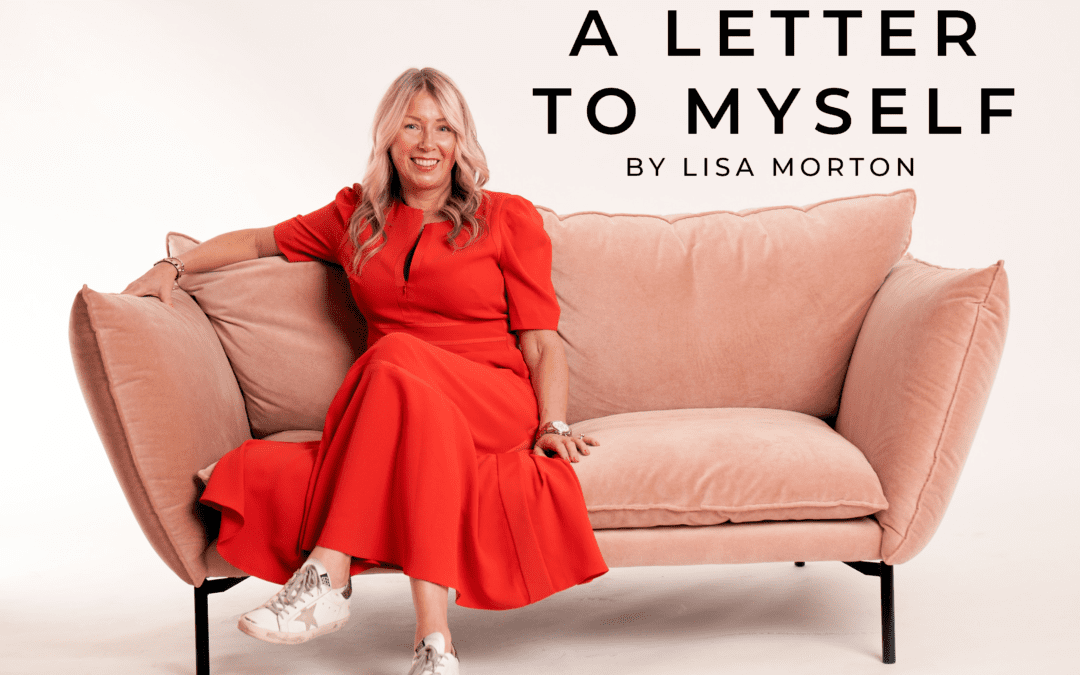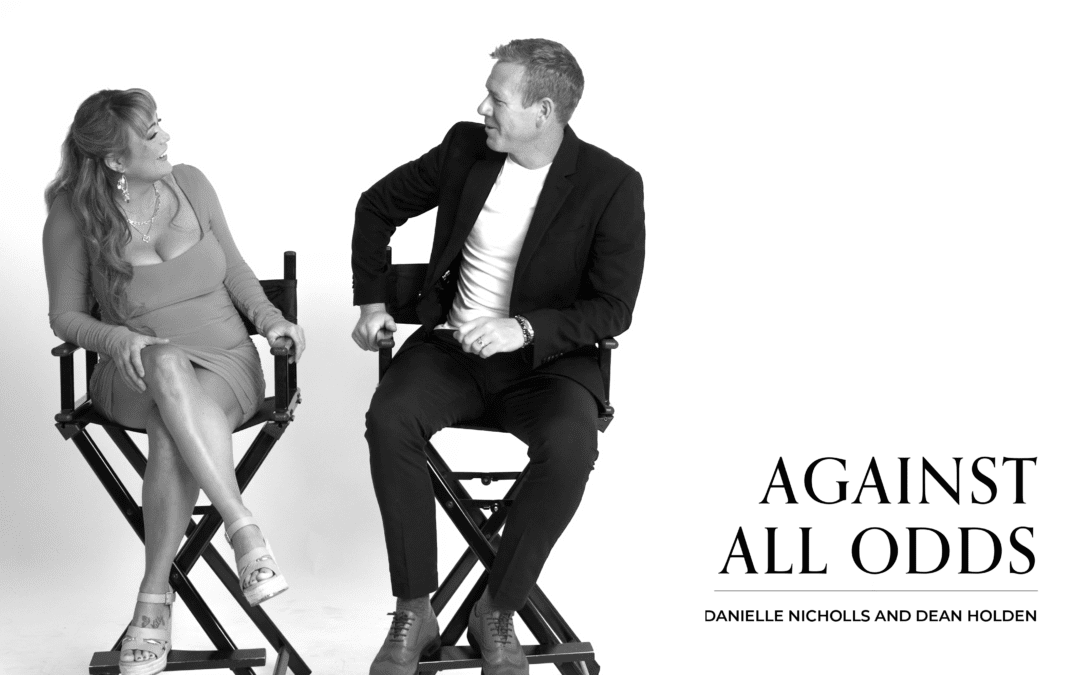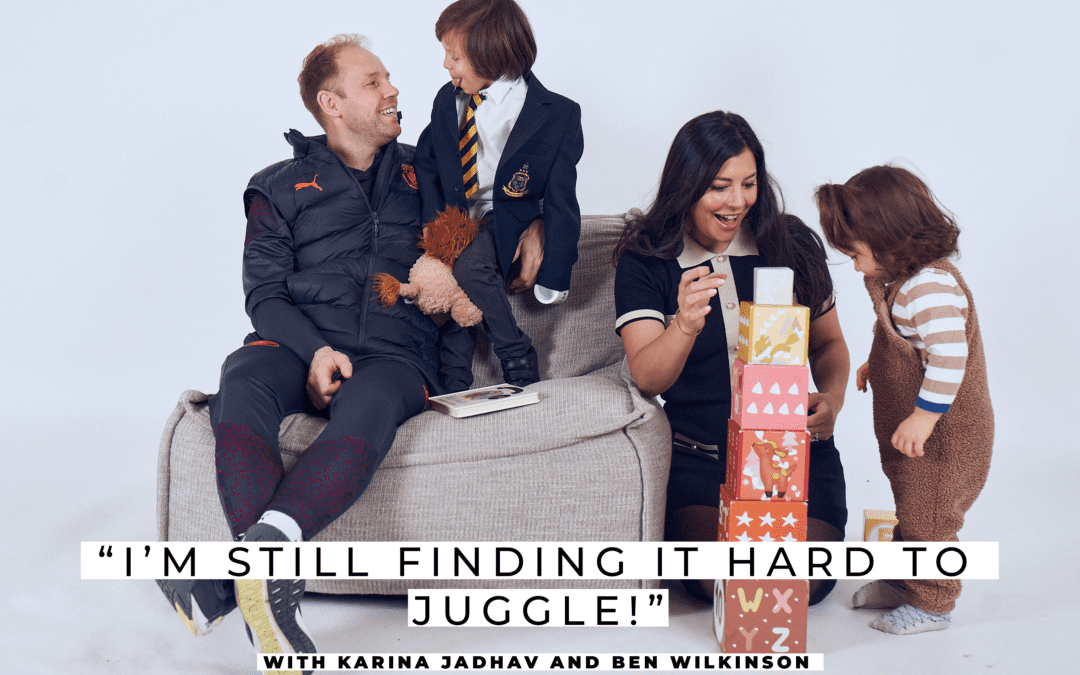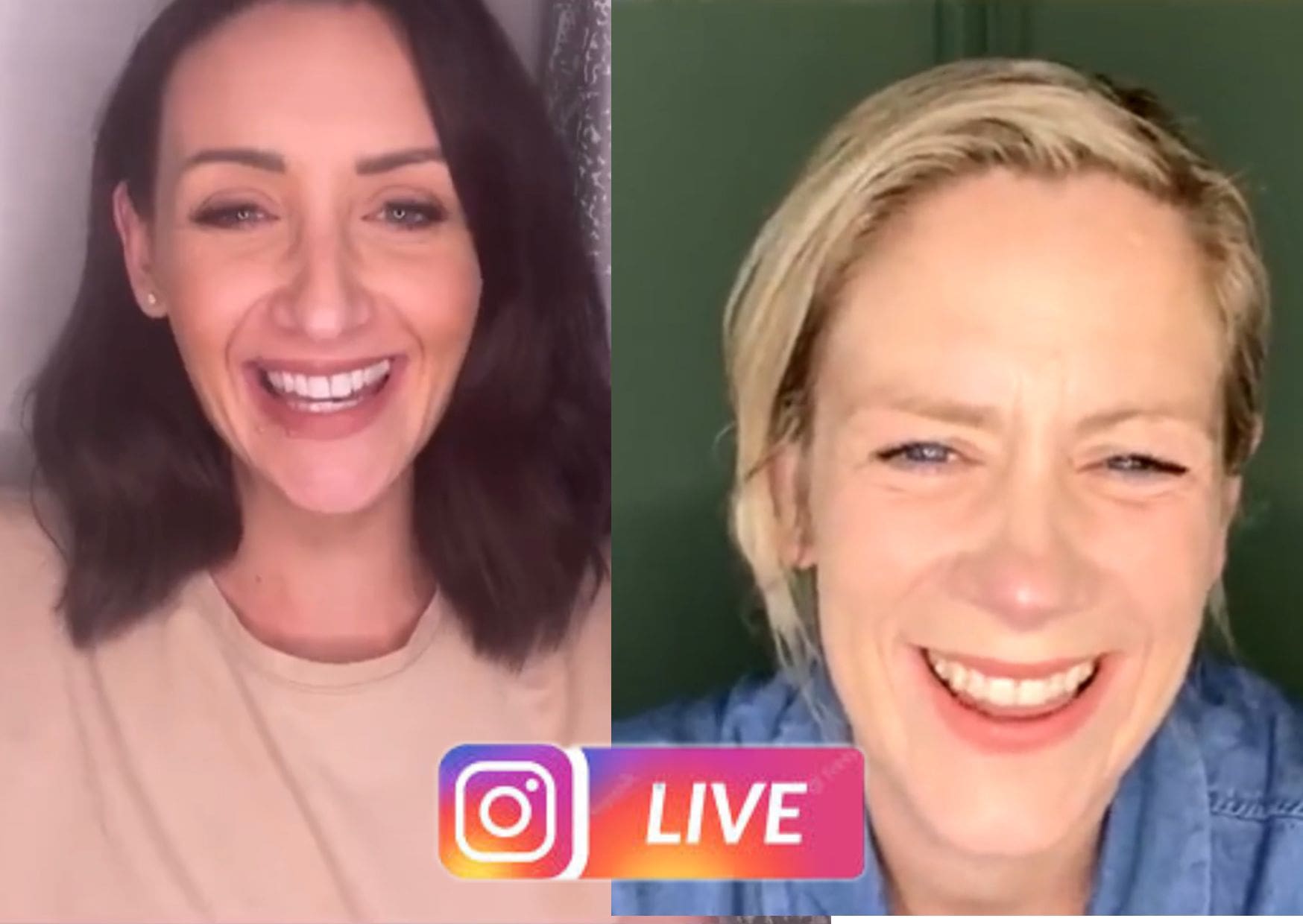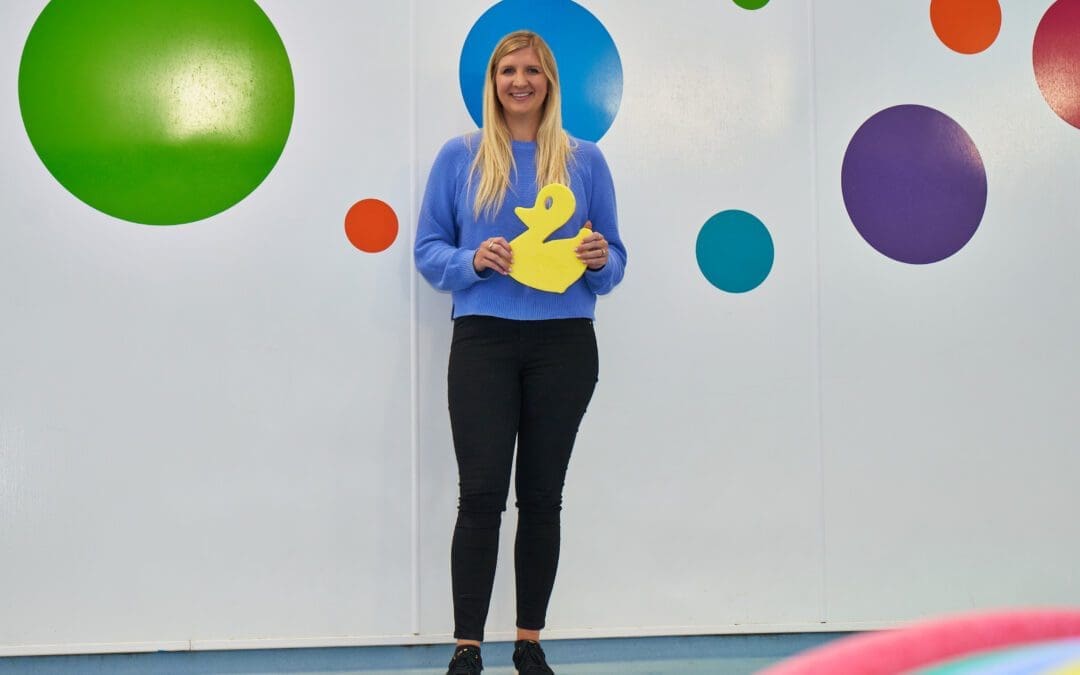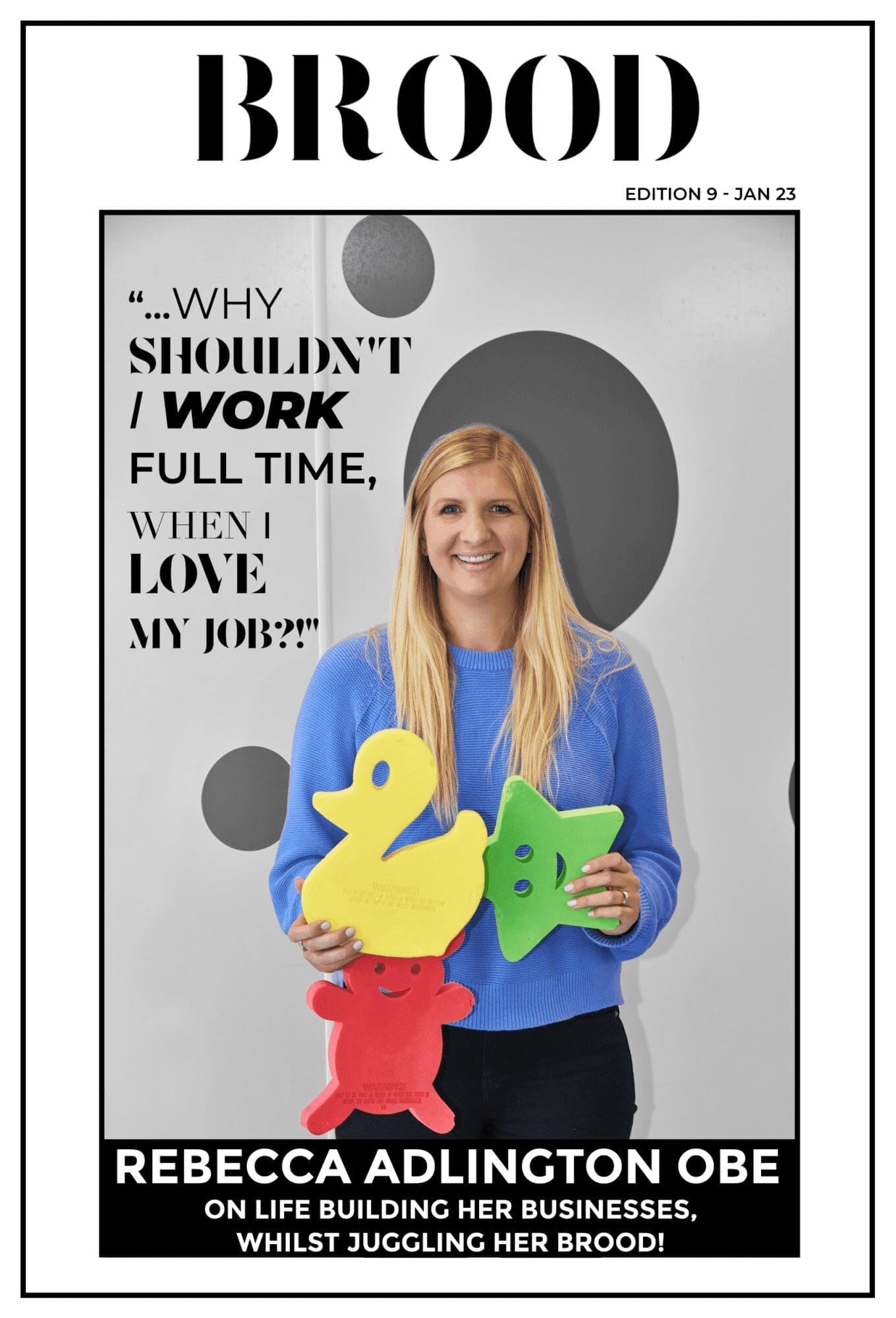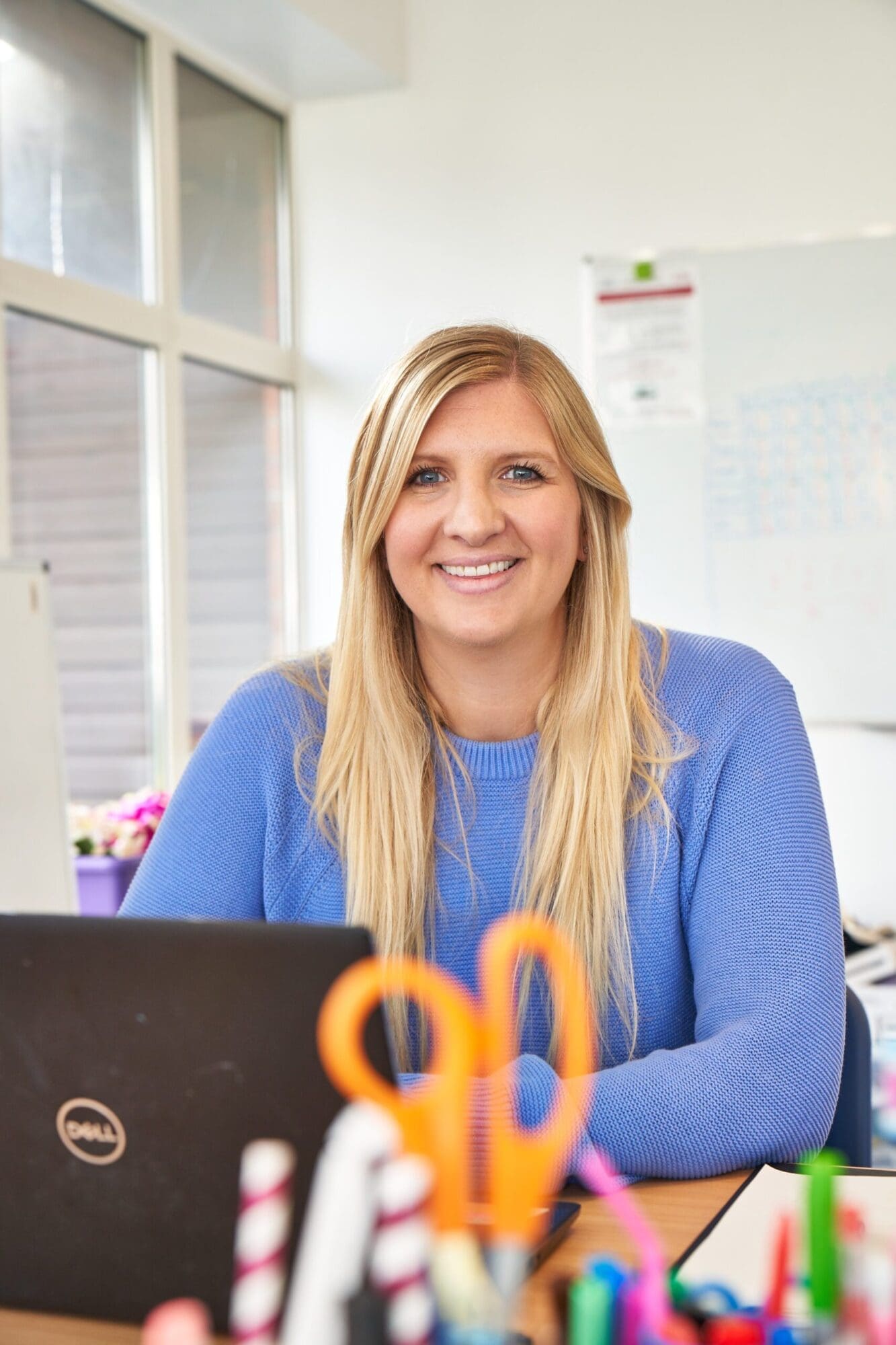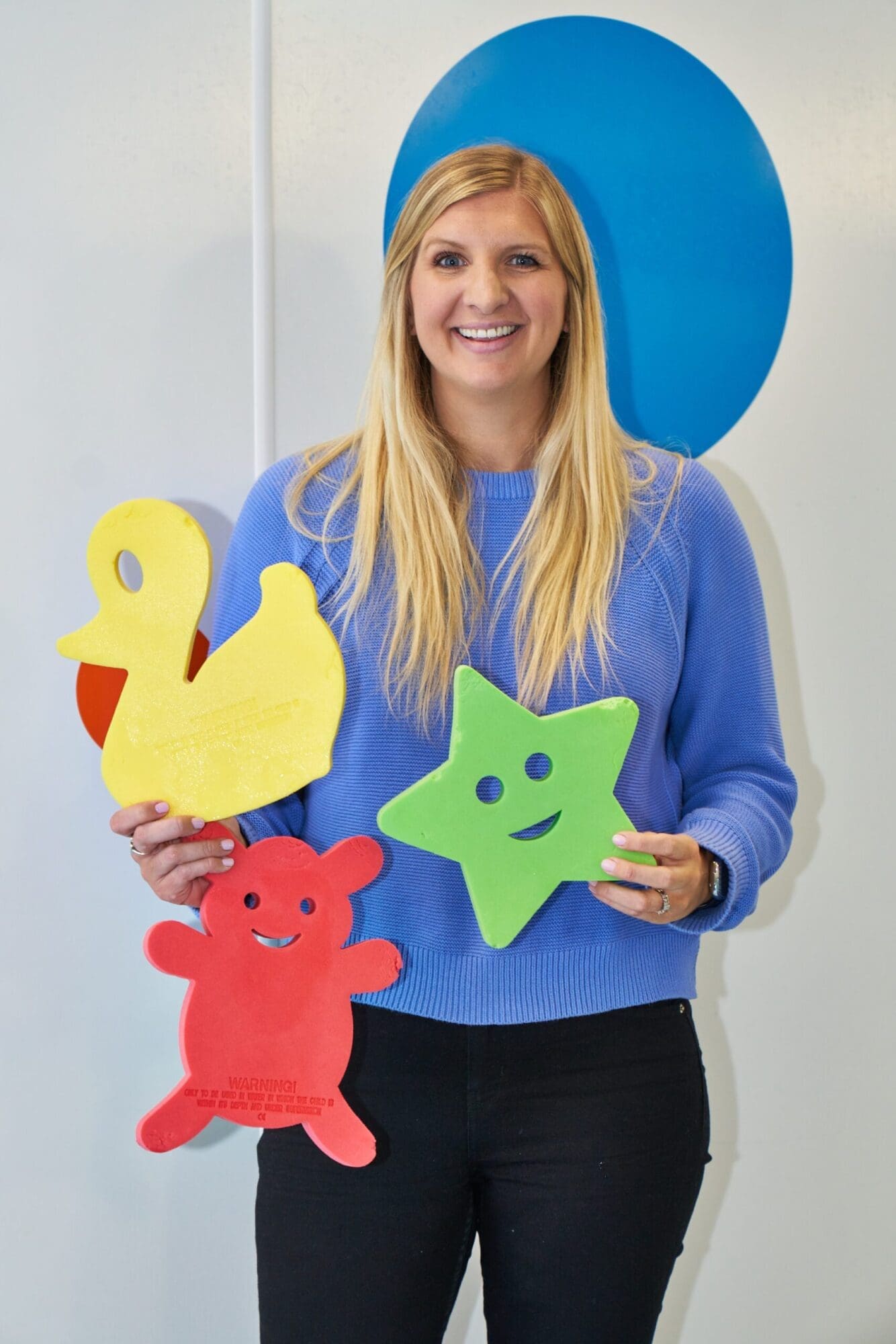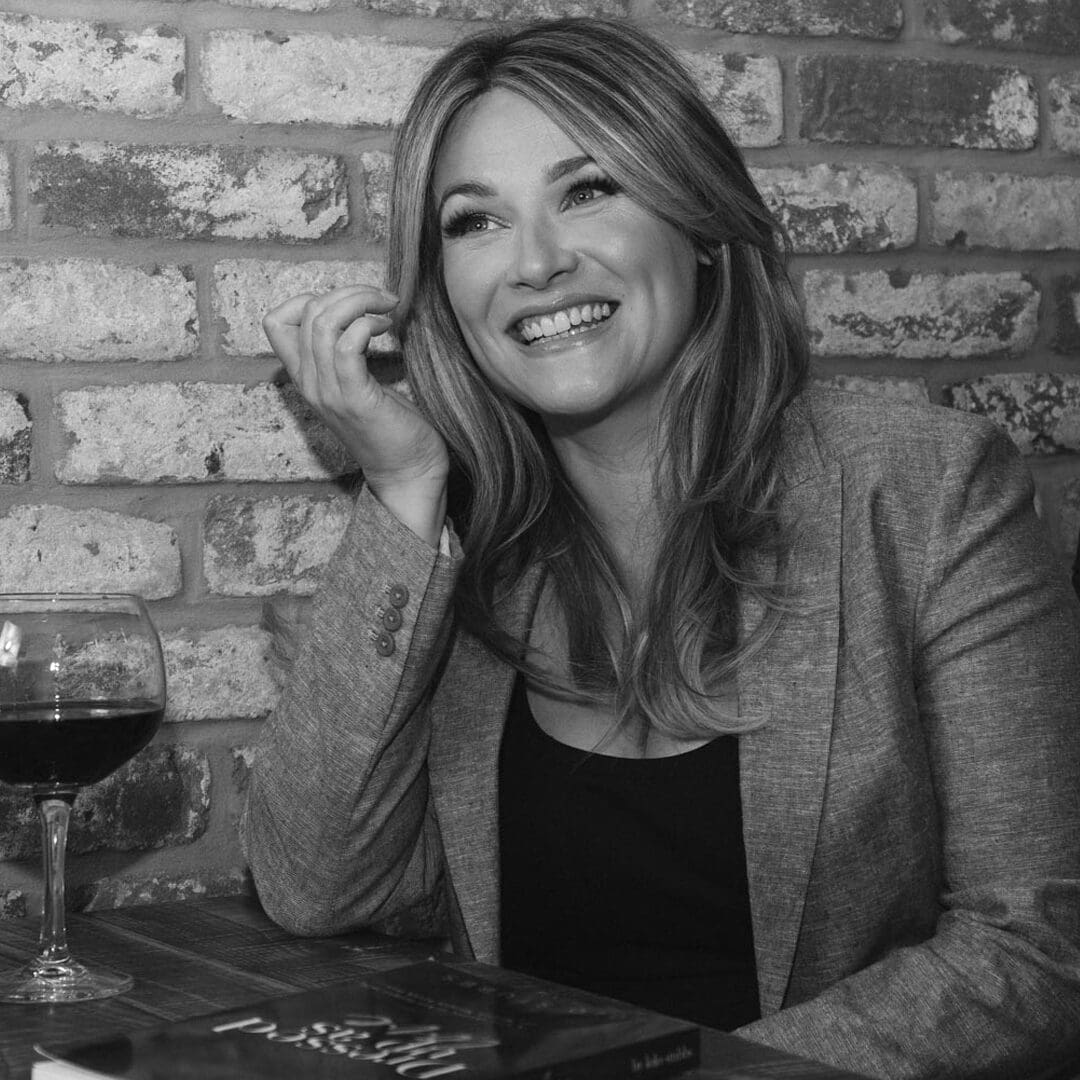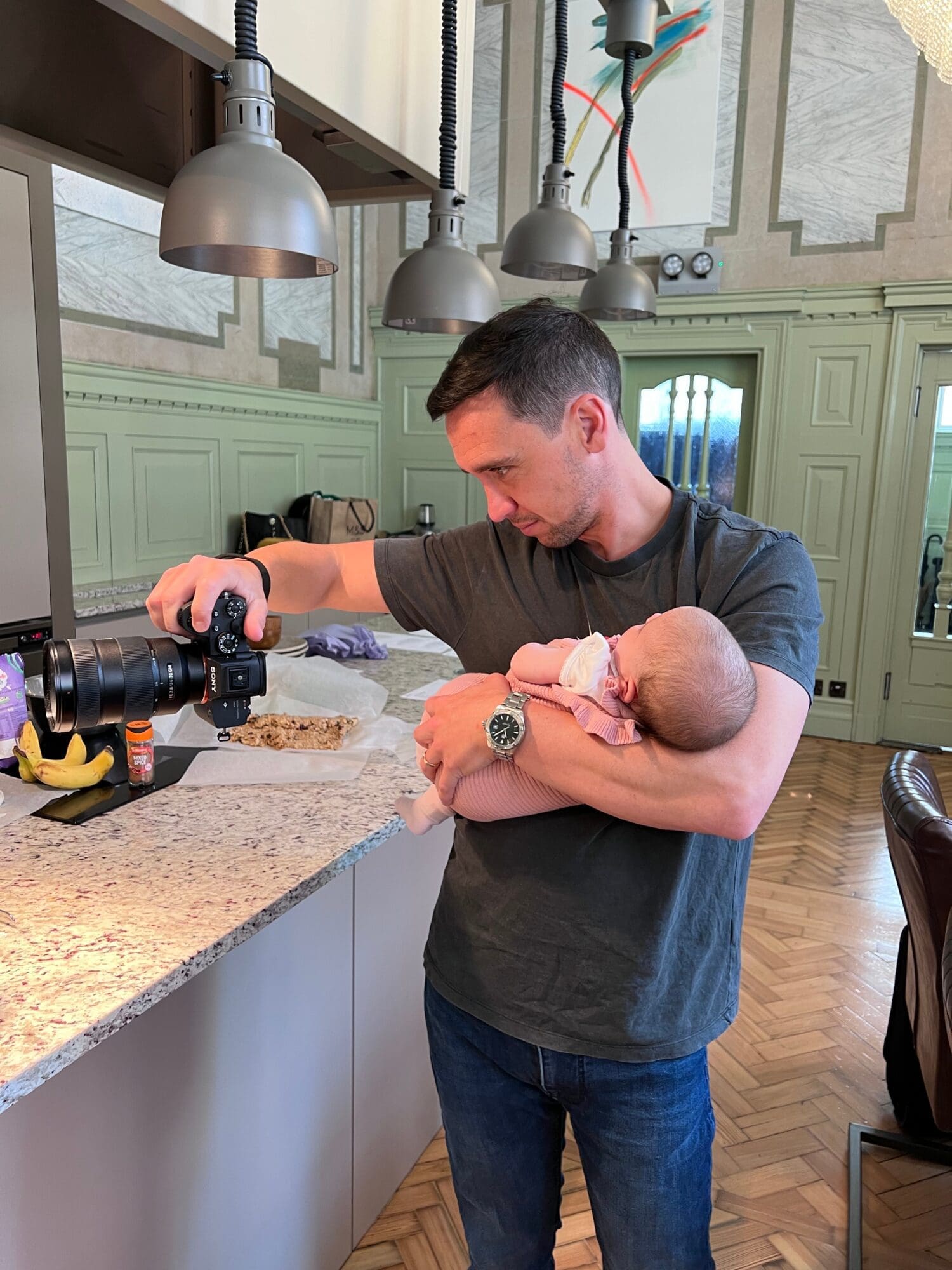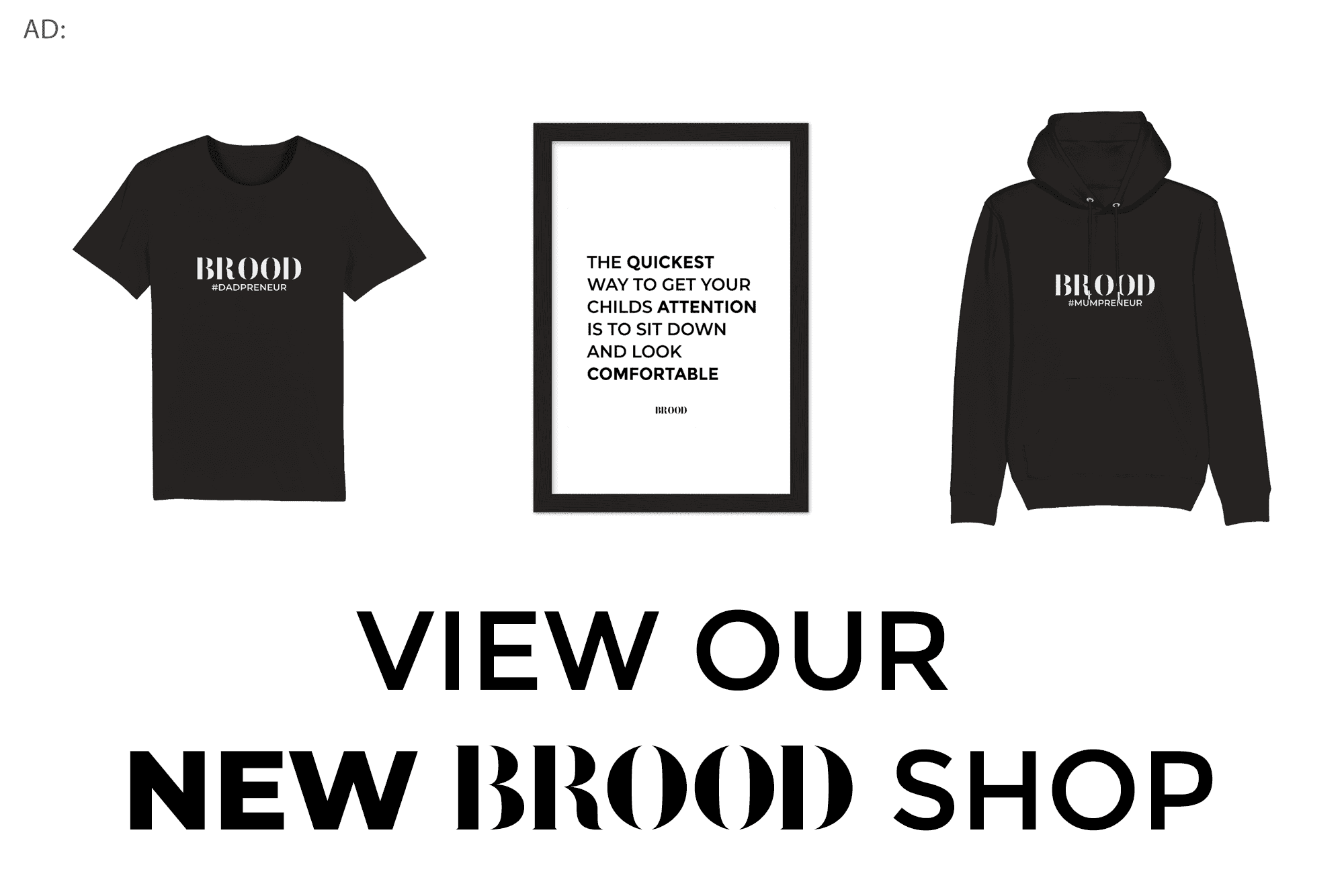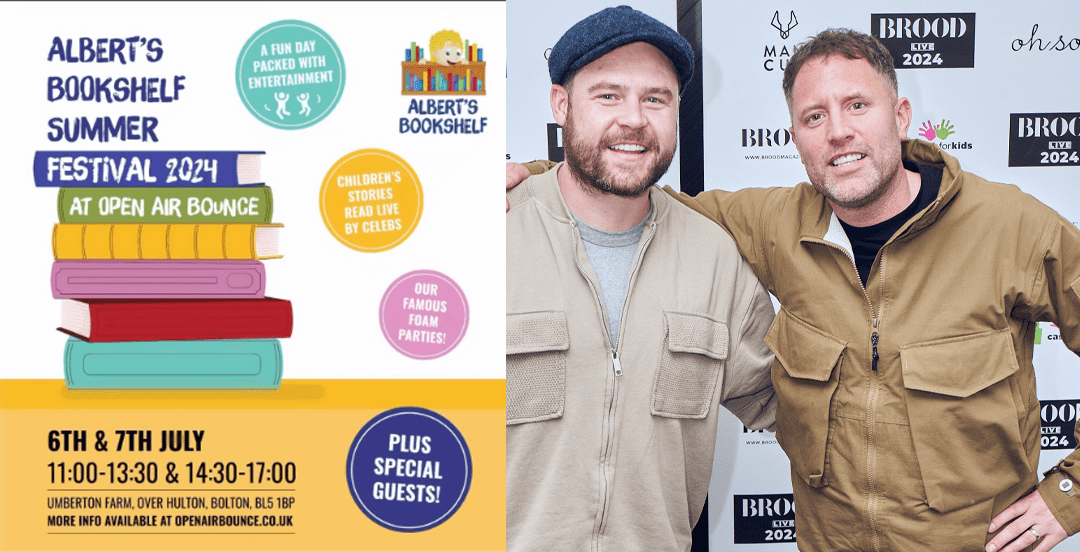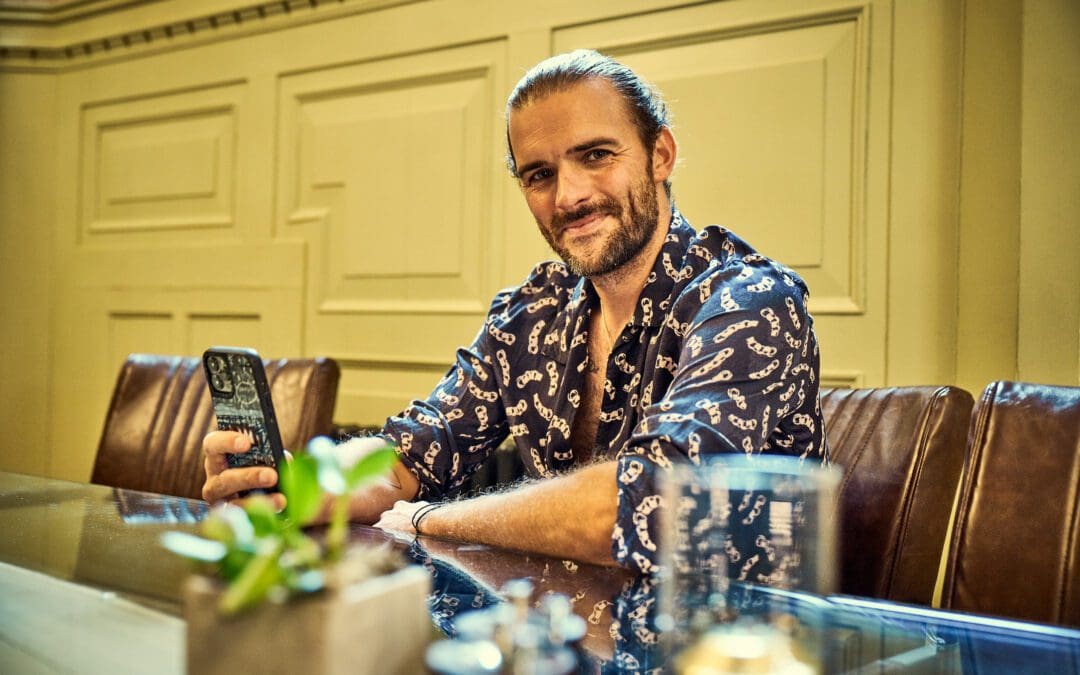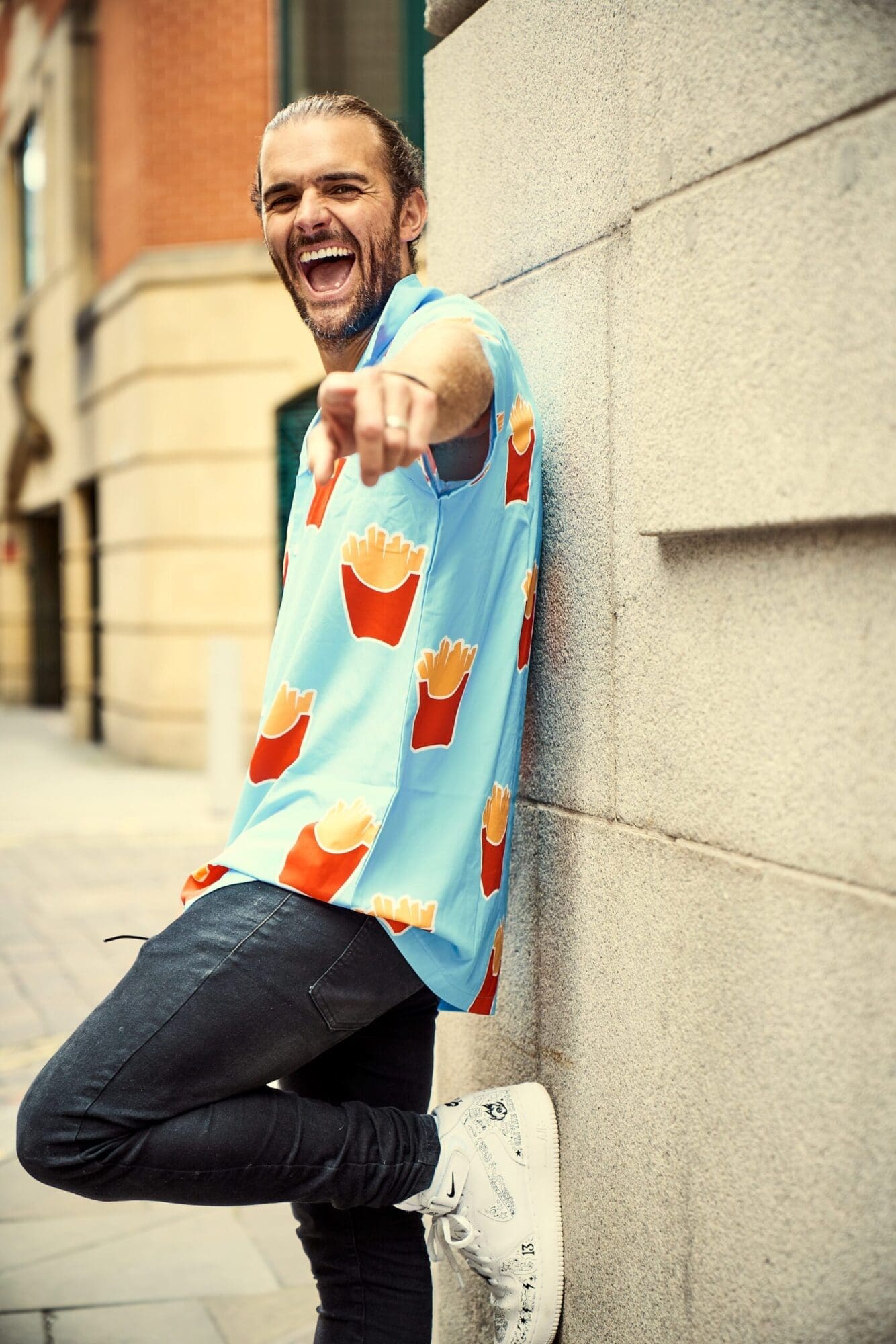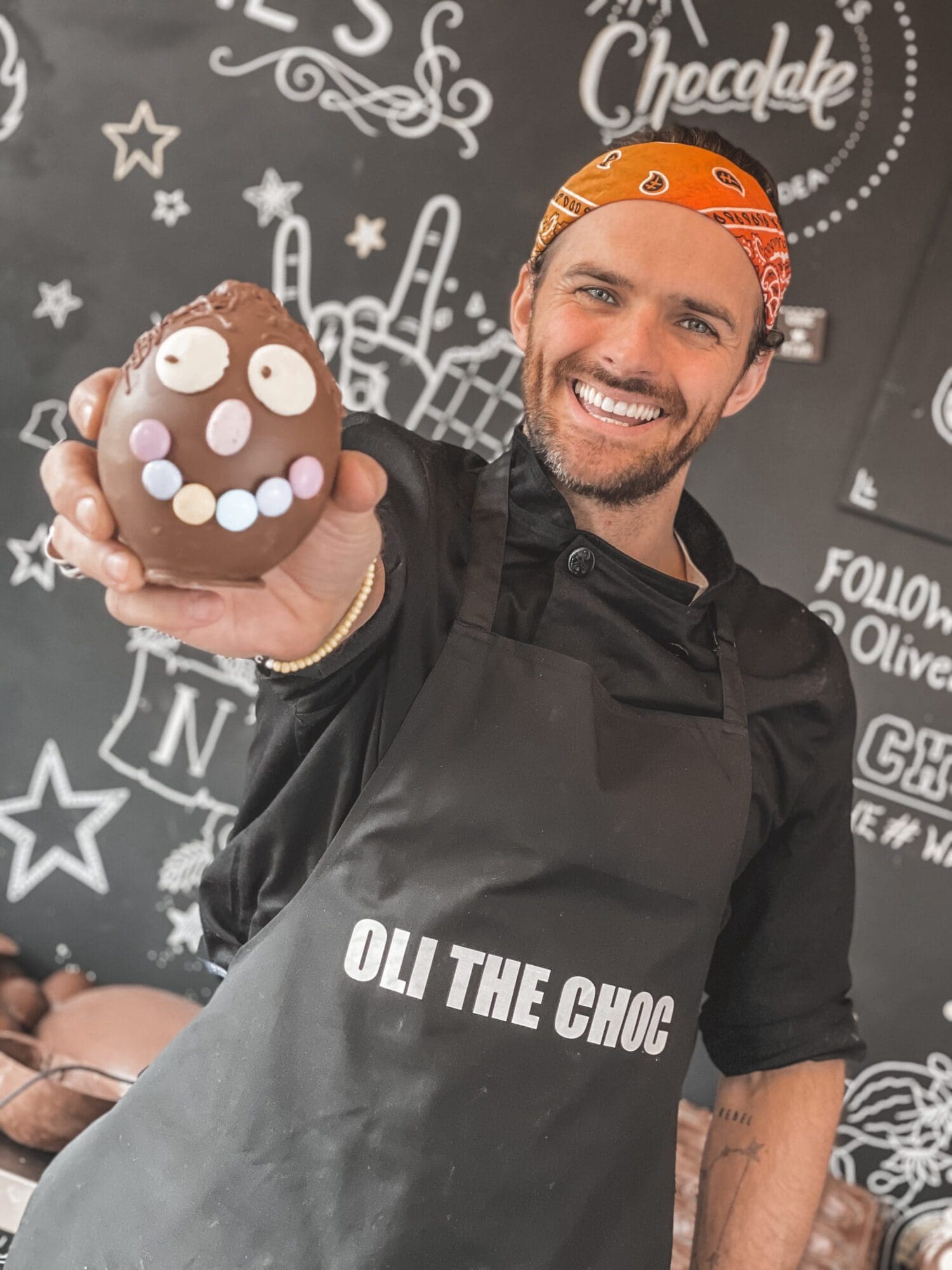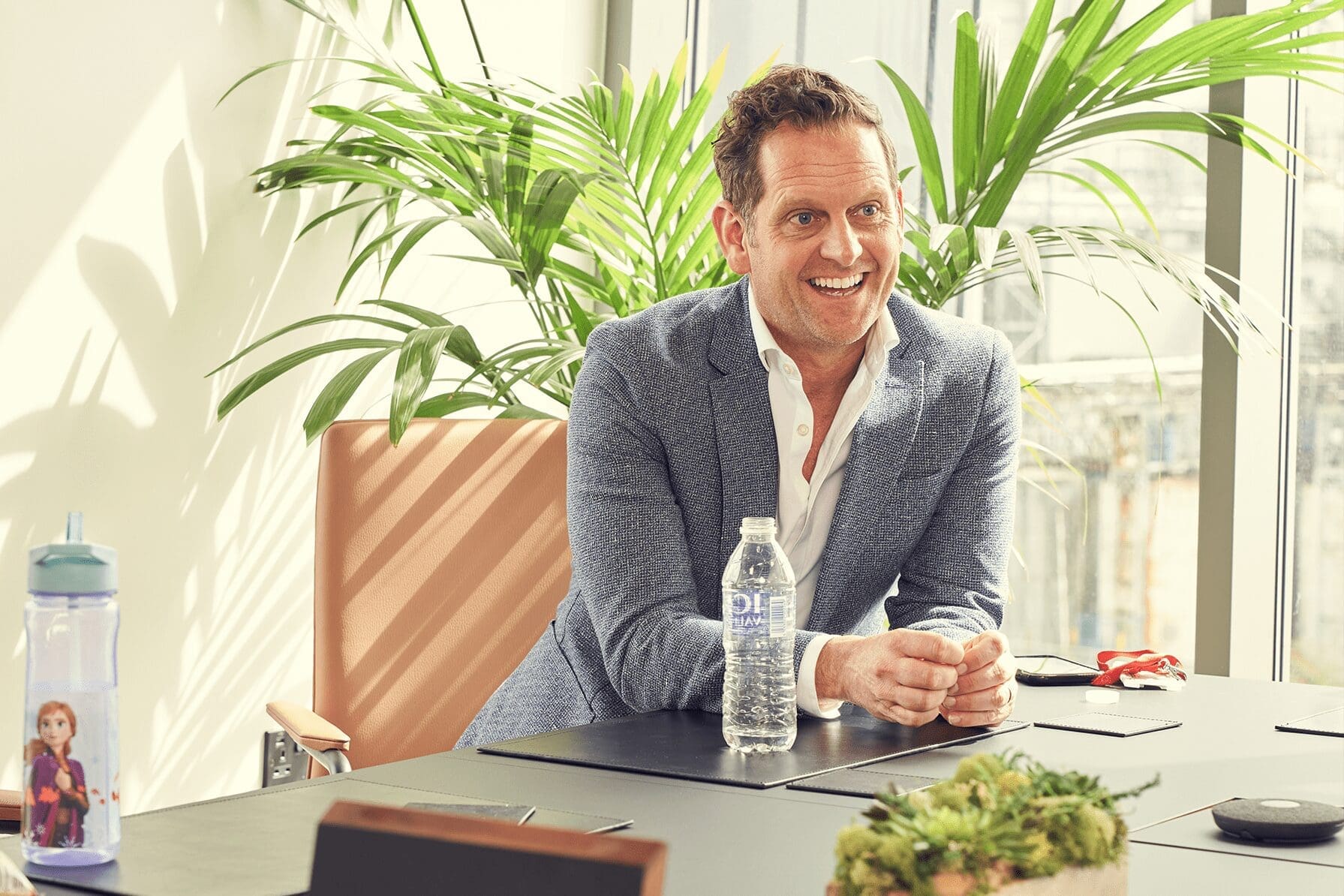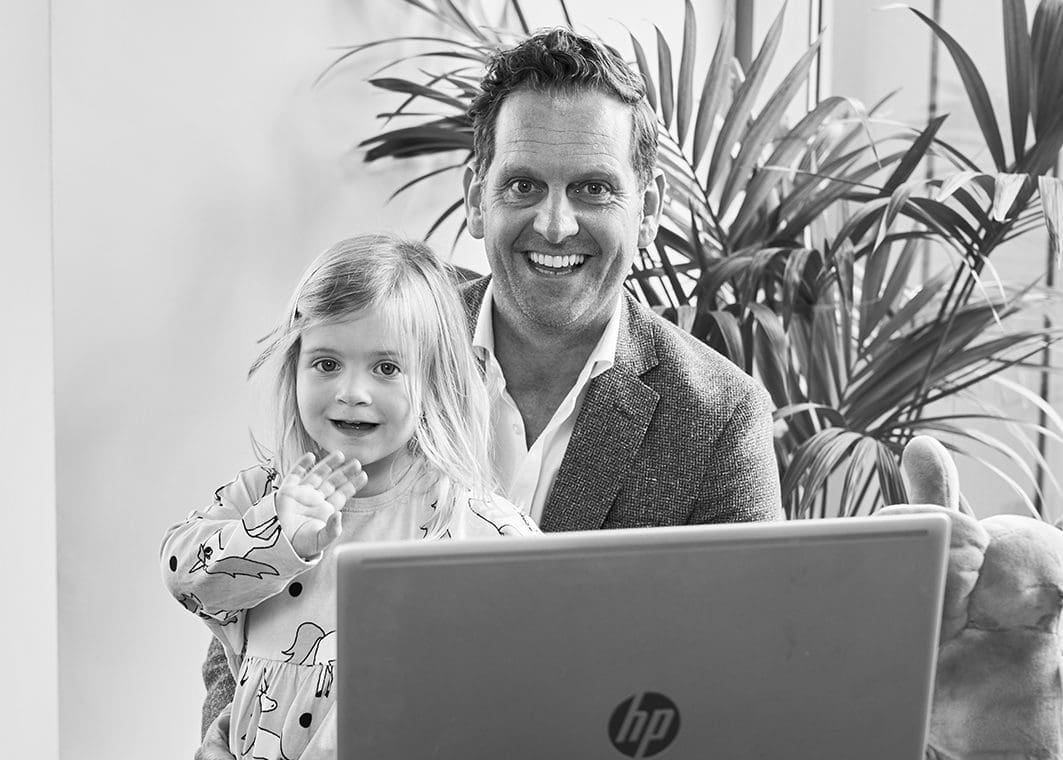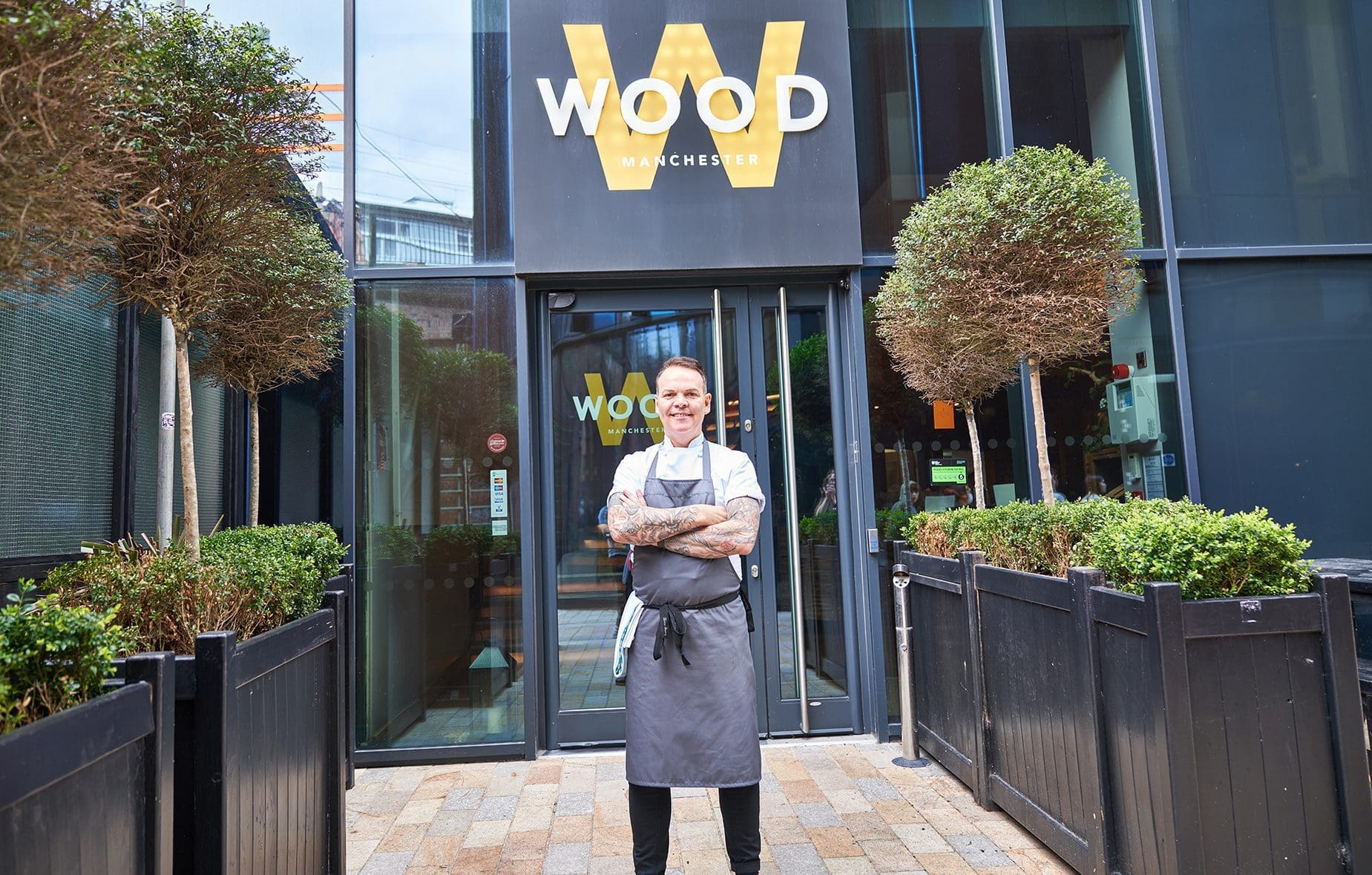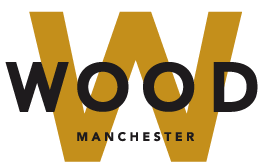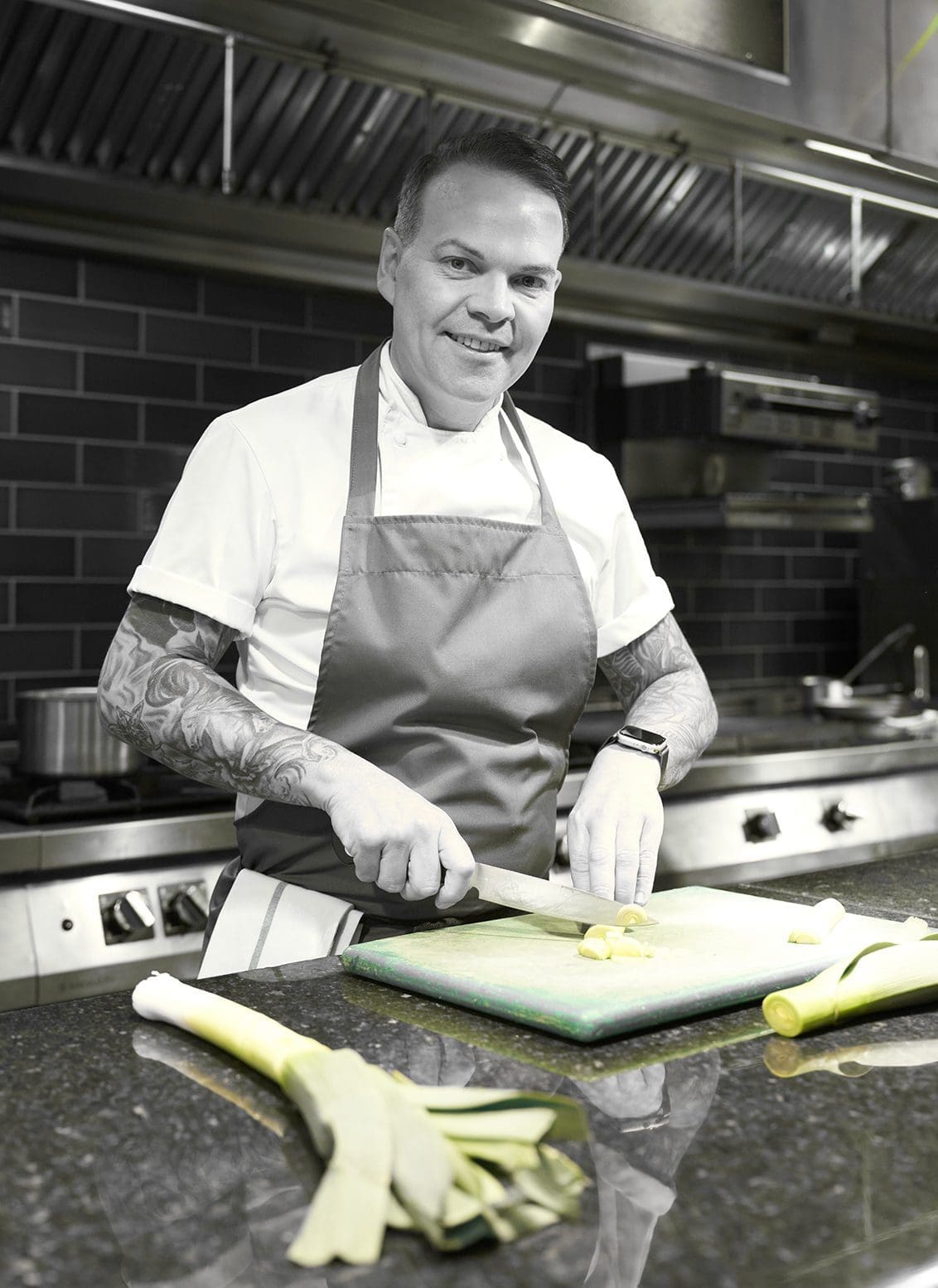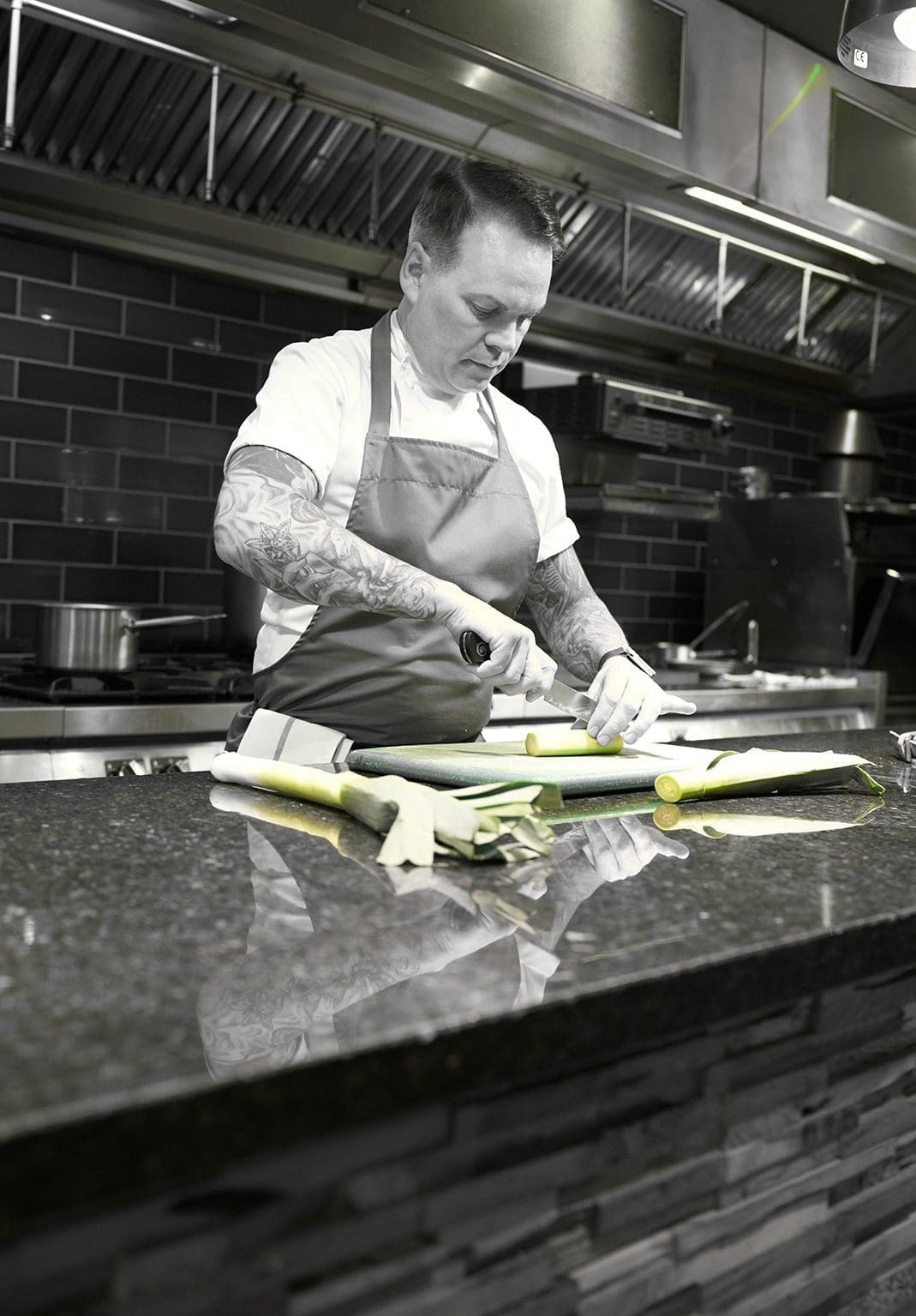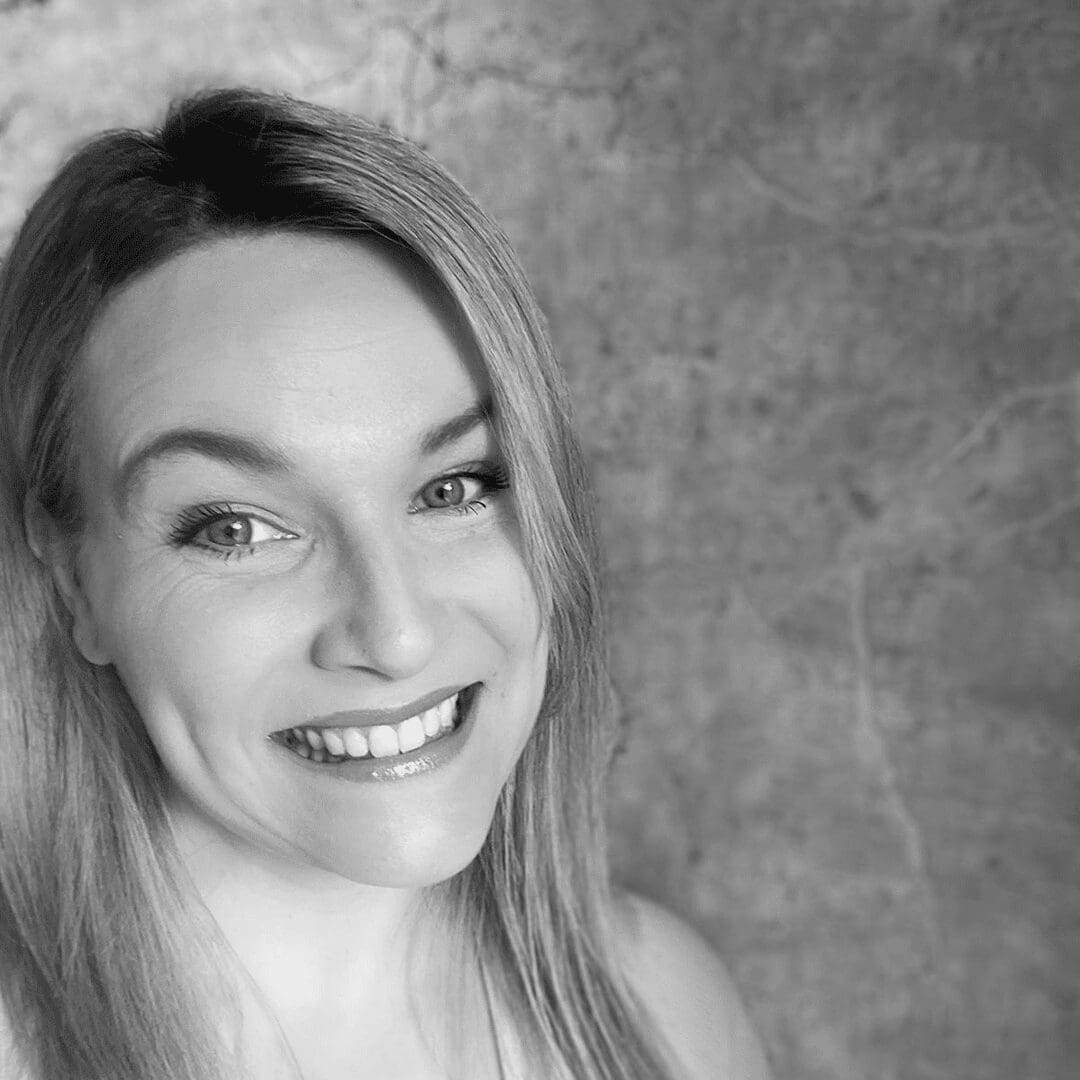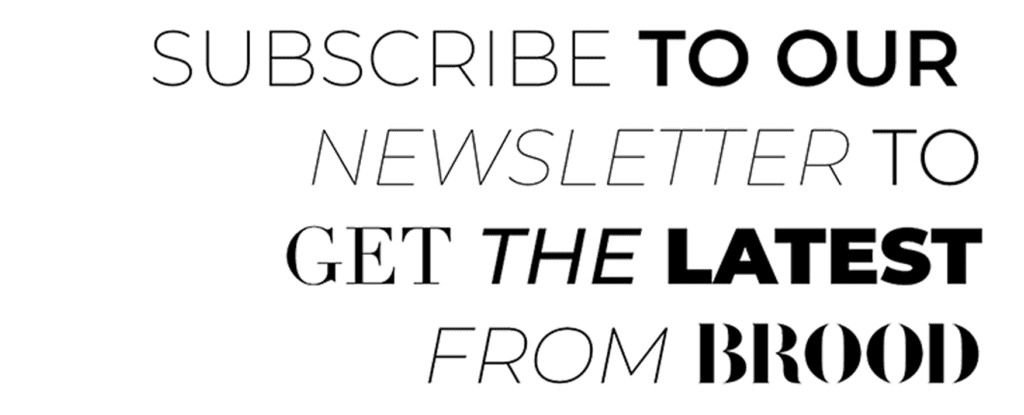Covid notoriously hit this the hospitality industry really hard, how much did this affect you, both as a business and as a family?
“Going back to the family thing, every one of my family has worked in this restaurant. Because being honest, I’ve needed them to. Everyone seemed to quit after covid. Despite the staff being kept on furlough for 18 months or so, everyone came back but did six services then left! We lost around eight staff in total. This was hard. They were people we’d been loyal to. Really loyal, even when we’d struggled to find money for their wages, I couldn’t see them struggle, so had to take it out of our my own pocket before the government paid it back in 6 weeks.
Plus, they’d all accrued holidays while they were all off, so when we re-opened, six services in and our head chef just quit, our sommelier, followed by our assistant manager. The Chef de partie was being offered head chef roles elsewhere, even though the restaurant offering them wasn’t ready, the industry was on its knees, and it was brutal. That was probably the most challenging time. I had my sons on the pots, I had my daughter and her mum polishing cutlery and glasses in the back. I was taking peas home to pod on my day off because I didn’t have enough time to do it there, all kinds of stuff had gone on, but that was a challenging time and I’m lucky I have a great family. They’ve all been really supportive of me. They’ve been through the whole journey, of course, since MasterChef especially, it’s been beneficial for me, there’s no escaping that but it has been for them too, because it’s given us [all] a fantastic quality of life, maybe not fantastic, but it’s certainly a better, more diverse, and interesting one! The people that you see, the people that you meet and that you cook for. Even doing things like this. That’s what makes hospitality worthwhile, it’s a network of enjoyment, I guess. It’s hard, you know. We might do 80 hours in four days, and then I wake up on a Sunday morning to go get Charlotte, my daughter, because it’s her day with me and I can’t get up – literally; so I have to sit for a minute and finally start to wander round like a 90-year-old, then finally by 4 o’clock when you’ve had a glass of wine, you can move around again a bit quicker.”
How do think it has impacted and inspired your children overall?
“Growing up, the lads have had other jobs over the years, that weren’t in the restaurant sector, but when they’ve come in to help out here, done a day on the pots, then suddenly whatever job they’d been doing before, doesn’t seem so bad. They’d do 7 and half hours with an hour’s lunch break at their work place, whereas here, when you’re 7 and a half hours in, it means it’s only half past three, and we haven’t even started service yet! When you’re in at 8am and you don’t leave until 1am – that’s working hard! So, it’s been good for them to see how hard it is, its definitely been grounding for them. They’ve learnt a lot from that, but so have I. You know I came from an office background originally, I used to go in the office early around 6.30am to miss the traffic and get an early start, but I’d always leave early and be home by 6pm. So, it’s not that long of a day looking back – for an office day, it’s probably quite long for an office job now I guess, but in this [restaurant] world it’s not at all.”
You’ve obviously always had a strong work ethic, do you think that has come from you having such a lot of responsibility from being a father at such a young age, or has that come from somewhere else?
“I got that from my parents, you know, I was always told, if you want money, you go out and get a paper round. Whereas I probably made the mistake of saying to mine not to – I felt like it was a bit risky them being out that late, for not a lot of money – I wasn’t sure it was worth it. So I didn’t push them in that direction. Well, at least with my first lad I didn’t, whereas my second lad he wanted to, so he did it regardless. And my third lad works the same hours as me in a Michelin star restaurant – as he’s a chef now too. So, it’s funny how your dynamic changes throughout. But in the end, they have all worked really hard, following their own passions and they really enjoy it. And that’s the key isn’t it, it’s making sure you’re doing something that you enjoy. We all know that if you’re enjoying it, it’s not really work. It might be stressful, it might be difficult, but it’s still enjoyable. If even on your worst day you can think – it’s alright – well, once you’ve thrown a few things that is. He laughs.
The margins are tight, there’s all kinds of things that you have to do but if you love what you do it’s worth it. We’ve even slept in the restaurant to save hotel bills; we’ve done home deliveries to save on fuel – you name it, we’ve done it. It’s definitely not as glamorous as it might seem on the outside sometimes.”
I think that’s something that we feel very passionate about with BROOD, is getting across the reality of what goes on behind the scenes in order to get to that success or achieve your dreams, whilst juggling your kids, as it’s very rare that it happens overnight or without sacrifice.
“Oh yeah, for around 6 years, I worked in a warehouse in the morning at half past six until quarter past three and I would pick the kids up from school, then my missus would go out and work in the same warehouse and do the half past three while 10 o’clock shift – and that’s how we did it back then, because we had to. It was hard. And some weeks you would throw in a bit of overtime on a Saturday to make ends meet, the lads would have football on a Sunday and then your week would start again! Then I started to dabble in IT in the late 90’s, taught myself basic programming and different other bits, and just progressed from there and ended up being quite successful in a more corporate industry, because I needed to do something more than what I had been doing. I couldn’t even afford a computer to practise on, but I was determined to change course no matter what. Once I got into that industry, and I had the tools to progress, I did it quite quickly. In a year I was managing the team, in two years I was managing the department and then I moved into the university side of things – looking at statistics there.”
So, at that point you had obviously carved out a new career for yourself that you were doing really well in, what made you decide to do MasterChef?
“Well, I’d gone to work one morning, and my boss had really got up my nose! So, I clicked off my emails, got myself a coffee and started to look on Facebook and a little advert popped up at the side and it said, ‘Are you the next champion?’ [of MasterChef] so I just clicked it and that was that. I got on and won it! I had always been that guy at home questioning ‘Why are they cooking that!’. Everyone had always said to me, ‘Why don’t you do it?’ But in reality, I applied in temper. Everything I wrote in that application was very honest, but it probably had a little edge to it!” [We all laugh.]
“After getting through the application process, you do three telephone interviews, then you go to a hotel, take a dish with you – I was shaking, frightened to death at that point. And after that, once you’ve got through all that, you get into the kitchen and that’s it – the rest is history.”
At what point did you think, I could win this?
“I was never over confident to start with, I have to be honest, but there are points that I do remember where, at the end of each show you would walk around and look at what everyone else had done and you get to taste the food, I started to think, ‘Mine’s better than that, it’s better than that, it’s better than that one’ and it was at that point that I’d think, ‘I’m alright here’ and then I’d get through to the next round. Looking back, there was a couple of pivotal moments, like we’d had a shocking round as a team, I didn’t think it was managed properly and I lost my temper. So then I ended up running the team for the episode with the red arrows, and I was like a top gun geek and I was on the runway with red arrows and they’re flying around and I’m running the kitchen and I was just like, ‘this is me, I’m done now, I’m happy’ and I think it was there where a little switch clicked and it made me a little bit into what I am today, tenacious, direct, driven and passionate. I knew 100% from that point that was what I wanted to do and where I wanted to be.”
You have achieved so much already, what other goals do you have and what do you want for the future of your business?
“Well, we’re pushing towards a Michelin star, so my aim is to get a Michelin star, I want to have a Michelin star restaurant and I’ll do it! It might take me ten years, but I will do it! One way or other, because that’s my goal. I’m going keep trying and we’ve got a great team here. It’s really enjoyable despite it’s ups and downs, the kids are a little older now, my youngest Charlotte is taking her exams soon.”
Do you ever switch off? And if so, do you find it easy to switch off?
“You’ve got to try and find a way to run a business by keeping your stress levels down so that your home life isn’t affected. Like on my Sunday, that’s my day with my family, so if I’m having an off day I’m stressed, you know, that’s not how I want that day to be but it’s ruthless at times so it can be hard to switch off.
Especially when you’re tired, your body’s broken and you’ve not broke even that week, they’re the weeks you’ve got to try harder than ever to find that balance. But most Sundays, I manage it, and we’ll either watch the football or eat out so I’m not cooking, and when the boys have gone home me, and Charlotte will watch a box set or something together. We’re closed Sunday, Monday, Tuesday, which highlights how hard the other days are. Although we’re meant to be off on a Tuesday and a lot of us (the chefs) still come in, because we all know what needs to be done. You can’t really switch food off though, because it’s not up here (points to his head) it’s in here (points to his heart).”
And finally, what tips would you give to anyone else starting out into the world of business or looking to achieve their career goals? How does someone find the type of drive and determination that you’ve got?
“I think circumstance can dictate the amount drive that you have, like my dad died when I was 11. I had a paper round then, then I went working at the working mans club, then onto McDonalds at 15. So, I’ve always worked. I think family or personal circumstances change your work ethic. I think I would advise any young people wanted to find that work ethic to come into hospitality because it’s fun, it’s fast, it’s frantic, it’s ferocious – it’s always entertaining and it’s always hard. I think it’s something people can learn from very quickly. Hospitality is just a great steppingstone no matter what you want to do. If you can cook or pour a pint, you’ll never be out of work any where in the world – simple as that!”
